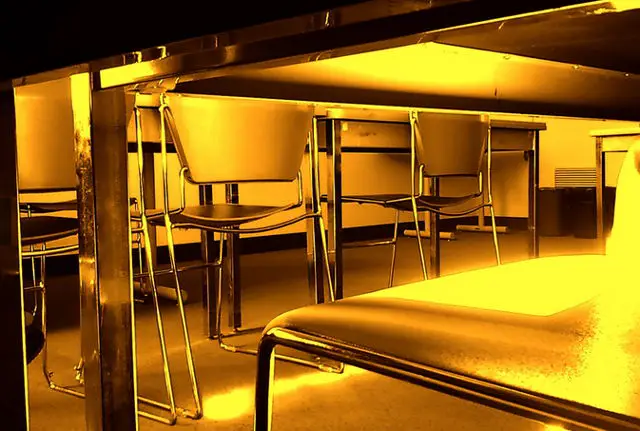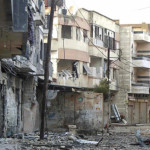The Isle of Wight is, unfortunately, once again being reported at the bottom of a regional (South East) league table.
Ofsted launched its Annual Report for 2014/15 today (Tuesday) which gives a ‘state of the nation’ picture of the performance of schools, colleges and further education and skills providers in England.
The Isle of Wight is at the bottom of the table in the South East for the number of pupils in ‘good’ or ‘outstanding’ secondary schools.
Improvements made
There have been some significant improvements in Isle of Wight secondary schools over the last year, but of the six in the state sector, only one is ‘good’ (Christ the King College).
Medina and Carisbrooke Colleges, as well as Sandown Bay and Ryde Academy are all rated to ‘require improvement’. Cowes Enterprise College is yet to be inspected since being taken over by Ormiston Academies Trust.
Extract from the report
The Isle of Wight is reported by Ofsted as follow,
Education outcomes on the Isle of Wight are showing signs of improvement in the early years and at Year 6 but attainment is not as high as it should be by Year 6.
GCSE results are not picking up quickly enough: provisional results are the lowest in the region. The link HMI meets regularly with senior colleagues from Hampshire local authority, who provide support to the island’s schools, to review progress and provide challenge.
Fewer schools are now in a category of concern than was the case at the last annual report and no secondary schools or academies remain in a category of concern.
However, the Island’s pupils do not have enough opportunity to attend a good or outstanding school, and there are concerns about the numbers which still require improvement to be good.
HMI have contributed to seminars for senior leaders to highlight specific challenges and barriers and to share evidence from Ofsted’s analysis and surveys. Headteachers, senior staff and governors have engaged positively at these events.
Attendance rates were some of the worst in the country but have now improved in almost all primary and secondary schools and academies. Persistent absence in secondary schools and academies is reducing but remains too high.
A key priority now is reducing secondary school fixed-term exclusions. These are extremely high, putting the Island well within the worst 10 percent of authorities nationally.
Deprived coastal communities a particular concern
Commenting on South East’s education performance, Sir Robin Bosher, South East Regional Director said:
“Underachievement of children and young people in deprived coastal communities continue to be a particular concern.
“Ofsted’s South East team have set up two ‘Coastal Challenge’ projects, working with headteachers, local authorities and other system leaders to improve standards in Sheppey and Hastings, with a third area being developed in Thanet.
“We are challenging leaders to work together on school improvement and are using the skills and knowledge of Her Majesty’s Inspectors to provide feedback and insight into effective practice. We have put the greatest emphasis on improving outcomes for the most disadvantaged young people, where the gap between their attainment and that of others in the region is unacceptably wide. Inspectors have spent more time in those areas where outcomes are weakest, since we know that where we focus our work, things improve.”
Image: Todd Binger under CC BY 2.0





